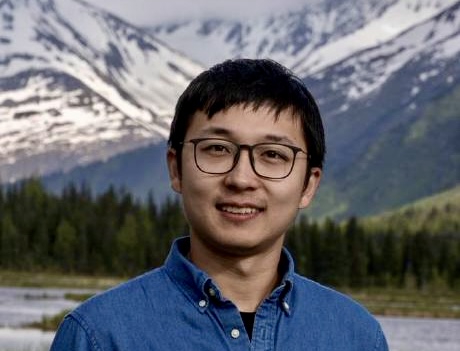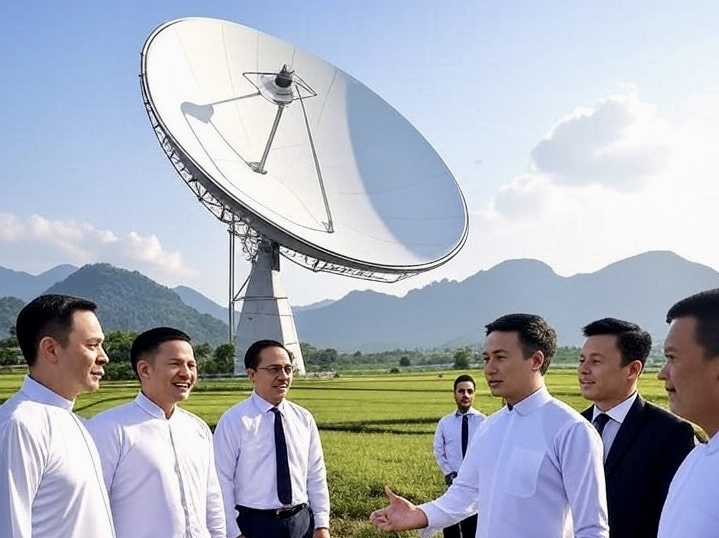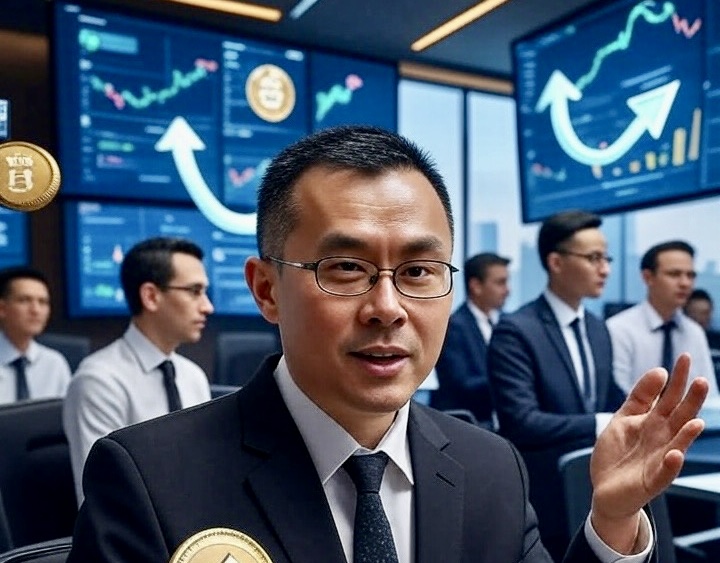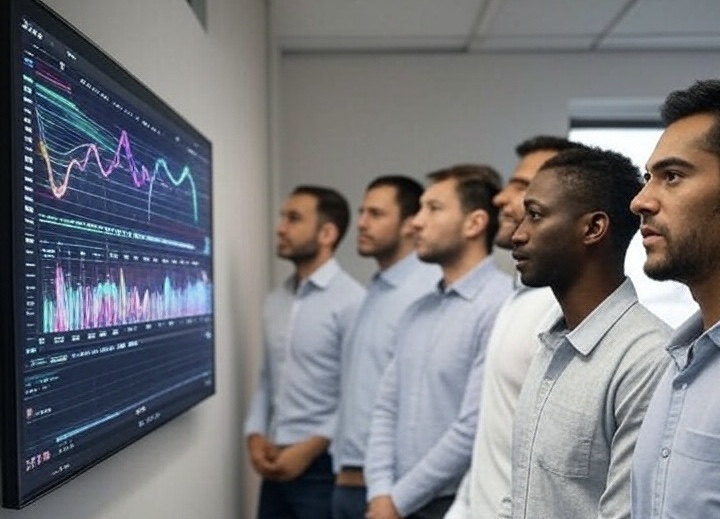
In a strategic move to accelerate its pursuit of artificial general intelligence (AGI), Meta Platforms has named Shengjia Zhao, a key figure in the development of ChatGPT and other groundbreaking AI models at OpenAI, as the chief scientist of its newly formed Superintelligence Lab. The announcement, made by Meta CEO Mark Zuckerberg on Friday, underscores the intensifying talent war in the AI industry as tech giants vie for top researchers to push the boundaries of machine intelligence.
Zuckerberg revealed the hire in a post on Threads, describing Zhao as a “leader in the field” whose expertise in foundational AI models will be instrumental in guiding the lab’s research agenda. Zhao, who contributed significantly to OpenAI’s flagship projects including ChatGPT and GPT-4, brings a wealth of experience in large language models and AI scaling techniques. His role at Meta will involve setting the strategic direction for the Superintelligence Lab, which aims to develop AI systems capable of surpassing human-level intelligence across a broad range of tasks.
This appointment comes amid Meta’s aggressive recruitment efforts, which have seen the company poach talent from rivals like OpenAI, Google DeepMind, and Anthropic. Reports indicate that Meta has offered lucrative packages—up to $100 million in the first year, escalating to $300 million over four years—to lure elite researchers. Zhao’s move is part of a broader exodus from OpenAI, where internal challenges such as compute resource constraints and leadership dynamics have reportedly prompted several high-profile departures.
The Superintelligence Lab represents Meta’s latest escalation in the AI arms race. Zuckerberg has publicly emphasized the company’s commitment to open-source AI development, contrasting with the more closed approaches of competitors like OpenAI. The lab, which already boasts a team of over 40 experts—many with PhDs and backgrounds from top AI firms—includes a significant proportion of talent from China (around 50%), highlighting the global nature of AI innovation. Notably, Zhao will report to Alexandr Wang, the 28-year-old CEO of Scale AI, who has been tapped to oversee Meta’s AI operations following a reported $14.3 billion investment in his company.
Industry observers see this as a direct challenge to OpenAI’s dominance. “Meta is not just playing catch-up; they’re aiming to redefine the path to AGI,” said one analyst familiar with the sector. The hire has sparked discussions about the ethical and competitive implications of such talent poaching, with some critics arguing it could stifle innovation at smaller firms while consolidating power among a few megacorporations.
Broader conversations have touched on the geopolitical angles, emphasizing the role of immigrant talent in U.S. AI leadership, with 75% of Meta’s Superintelligence team being first-generation immigrants.
As AI continues to evolve at a breakneck pace, Zhao’s leadership could prove pivotal. His track record at OpenAI, where he helped pioneer advancements in generative AI, positions him uniquely to drive Meta toward its ambitious goals. However, challenges remain, including regulatory scrutiny and the immense computational resources required for AGI research. Zuckerberg’s vision for a “hot market” in AI talent shows no signs of cooling down, promising more high-stakes moves in the months ahead.






